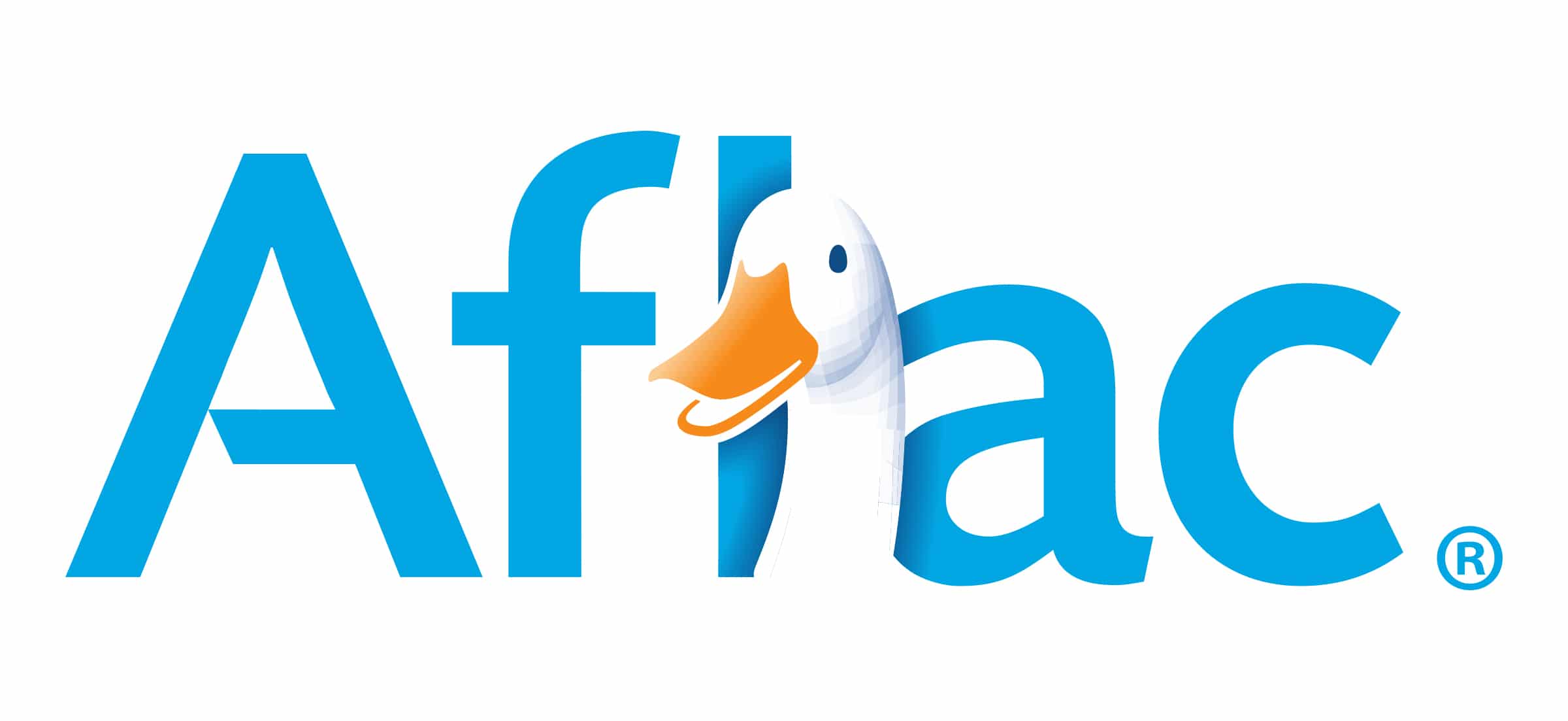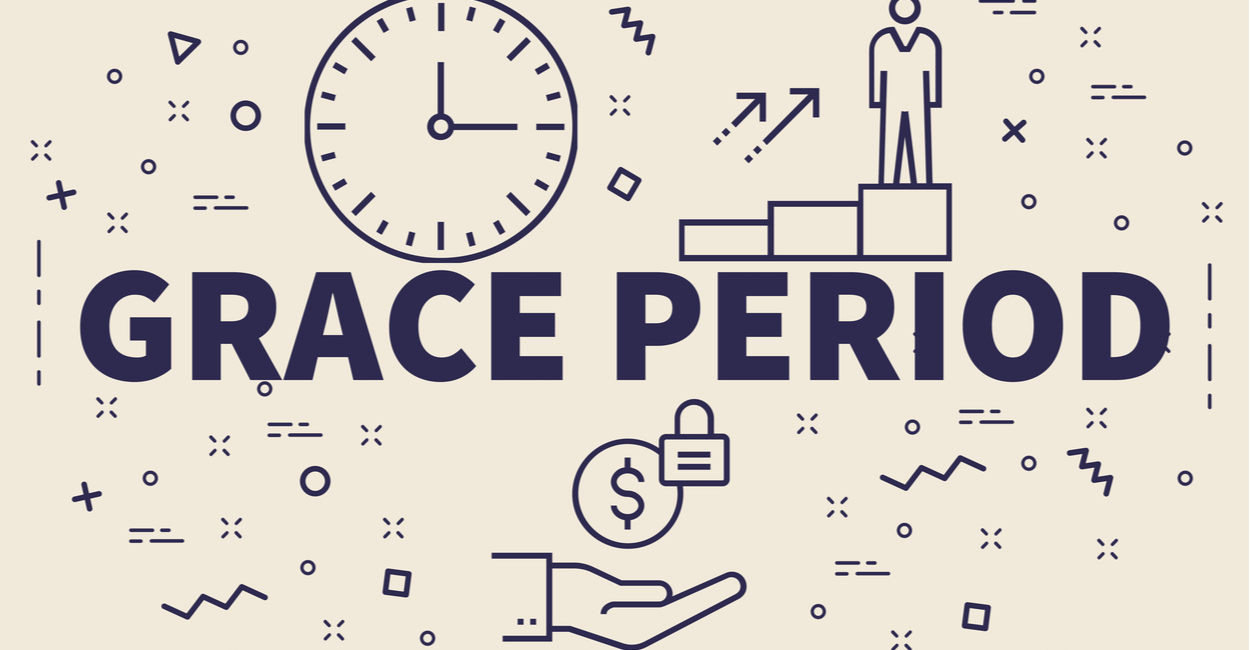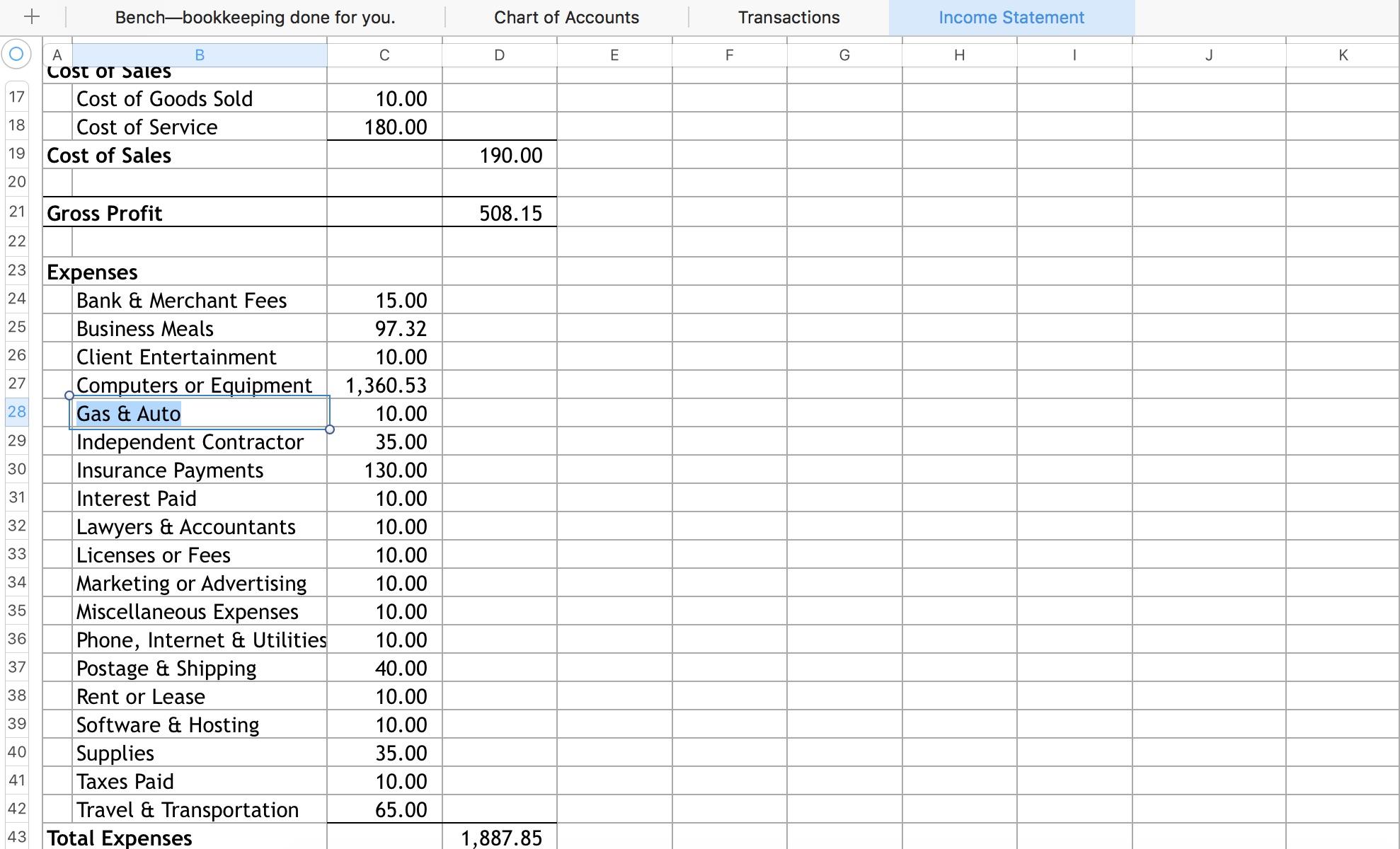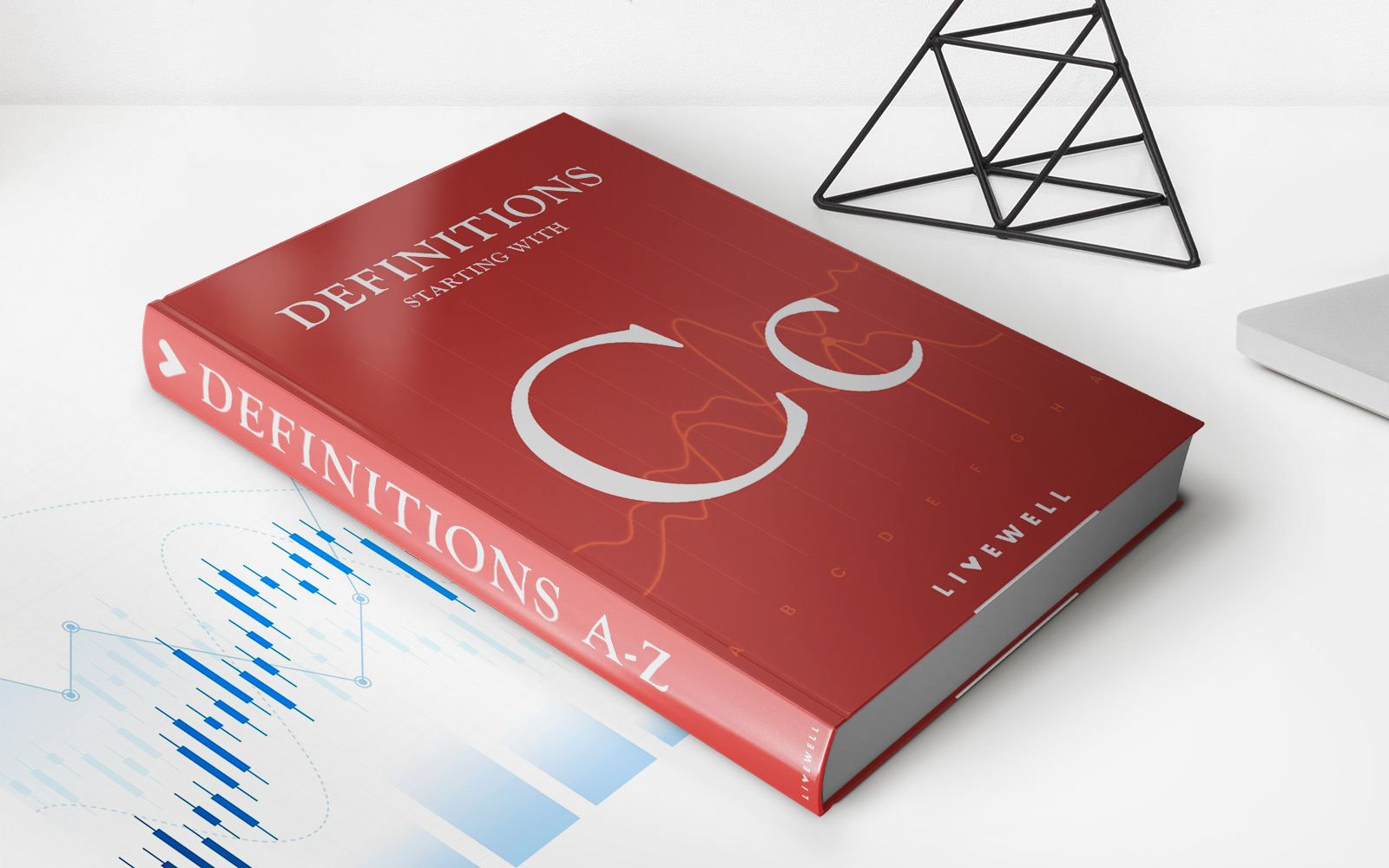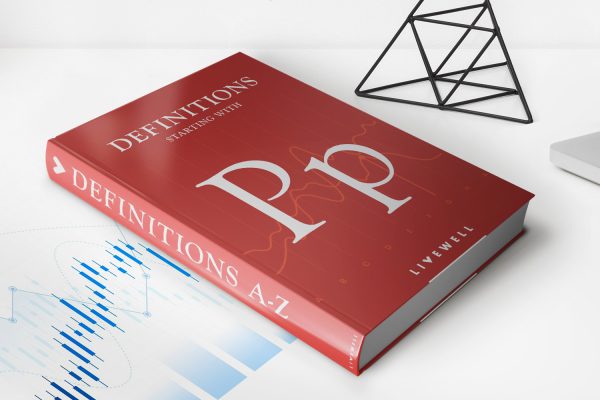Home>Finance>How Long Is The Grace Period For The Discover Card?


Finance
How Long Is The Grace Period For The Discover Card?
Published: February 21, 2024
Discover Card offers a grace period of at least 25 days for its cardholders, providing flexibility for managing finances and payments. Learn more about the benefits of this grace period and how it can help with your financial planning.
(Many of the links in this article redirect to a specific reviewed product. Your purchase of these products through affiliate links helps to generate commission for LiveWell, at no extra cost. Learn more)
Table of Contents
Introduction
Understanding the Grace Period for Discover Card
When it comes to managing credit card payments, understanding the concept of a grace period is crucial. Specifically, for Discover cardholders, comprehending the nuances of the grace period can lead to better financial decision-making and improved credit management. In this article, we will delve into the specifics of the grace period for Discover cards, exploring its length, determining factors, benefits, and practical tips for maximizing its advantages.
The grace period refers to the window of time during which cardholders can make purchases without incurring interest charges. It essentially serves as a buffer between the transaction date and the date by which the payment must be made to avoid interest. For Discover cardholders, the length of this grace period can significantly impact their financial planning and budgeting.
Understanding the grace period for a Discover card involves grasping the intricacies of its terms and conditions. By doing so, cardholders can leverage this feature to their advantage, potentially saving on interest expenses and optimizing their cash flow. Additionally, being well-versed in the grace period empowers individuals to make informed decisions regarding their credit card usage and payment schedules.
In the following sections, we will explore the factors that influence the length of the grace period for Discover cards, elucidate the benefits it offers, and provide practical tips for maximizing its utility. By gaining a comprehensive understanding of the grace period, Discover cardholders can navigate their financial responsibilities with confidence and prudence.
Understanding the Grace Period for Discover Card
For Discover cardholders, the grace period represents a valuable feature that can impact their financial management. The grace period is the duration between the end of a billing cycle and the payment due date, during which cardholders can make purchases without incurring interest charges. This period typically ranges from 21 to 25 days, offering cardholders a window of time to settle their balances without accruing additional costs.
It’s important to note that not all credit card issuers provide a grace period, making Discover’s offering particularly advantageous for responsible and strategic financial planning. By taking advantage of the grace period, cardholders can effectively utilize their credit cards for purchases while avoiding interest fees, provided that the outstanding balance is paid in full by the due date.
Discover’s transparent approach to the grace period empowers cardholders to manage their finances proactively. By understanding the mechanics of this feature, individuals can make informed decisions about their spending and repayment schedules. Additionally, the grace period provides a buffer that aligns with Discover’s commitment to customer-centric services, allowing cardholders to navigate their financial obligations with greater flexibility and control.
Moreover, the grace period underscores Discover’s emphasis on empowering its cardholders with financial literacy. By offering a clear and defined grace period, Discover enables its customers to make sound financial choices and cultivate responsible credit management habits. This commitment to transparency and education sets Discover apart as a provider that prioritizes the financial well-being of its cardholders.
As we delve deeper into the factors influencing the length of the grace period and the benefits it offers, it becomes evident that understanding this feature is essential for maximizing the value of a Discover card. By leveraging the grace period effectively, cardholders can optimize their cash flow, minimize interest expenses, and exercise greater control over their financial obligations.
Factors Affecting the Length of the Grace Period
The length of the grace period for a Discover card is influenced by several key factors, each of which plays a significant role in determining the duration of this beneficial feature.
1. Cardholder Agreement: The terms and conditions outlined in the cardholder agreement provided by Discover specify the length of the grace period. This document serves as a comprehensive guide for cardholders, detailing the rights and responsibilities associated with their credit card usage, including the specifics of the grace period.
2. Billing Cycle: The duration of the billing cycle directly impacts the length of the grace period. Typically, billing cycles range from 28 to 31 days, and the grace period extends beyond the end of the billing cycle to provide cardholders with additional time to make payments without incurring interest charges.
3. Payment Due Date: The date by which cardholders must make their payments also influences the length of the grace period. Discover aligns the grace period with the payment due date, ensuring that cardholders have sufficient time to settle their balances without incurring interest fees.
4. Account History and Creditworthiness: Discover considers a cardholder’s account history and creditworthiness when determining the length of the grace period. Responsible credit management and a positive payment history may result in a more favorable grace period, reflecting Discover’s commitment to rewarding prudent financial behavior.
5. Regulatory Requirements: Regulatory guidelines and consumer protection laws may impact the minimum length of the grace period. Discover adheres to these regulations while also striving to provide cardholders with a grace period that aligns with their financial needs and preferences.
By considering these factors, Discover aims to offer a grace period that balances the interests of the cardholder with responsible lending practices. Understanding the interplay of these elements can empower cardholders to leverage the grace period effectively, optimizing their credit management and financial planning.
Benefits of the Grace Period
The grace period associated with Discover cards offers a multitude of benefits for cardholders, encompassing financial flexibility, cost savings, and enhanced credit management. Understanding and leveraging these advantages can significantly impact the overall financial well-being of individuals who hold Discover credit cards.
1. Interest-Free Purchases: One of the primary benefits of the grace period is the opportunity to make interest-free purchases during the specified timeframe. Cardholders can utilize their Discover cards for transactions, knowing that they have a window of time to pay off the balance without incurring interest charges, provided the full amount is settled by the due date.
2. Cash Flow Management: The grace period facilitates effective cash flow management, allowing cardholders to defer payment for purchases without incurring immediate interest costs. This feature can be particularly advantageous for individuals seeking to align their expenses with their income cycles, enhancing their overall financial planning and budgeting.
3. Cost Savings: By taking advantage of the grace period, cardholders can save on interest expenses, especially when making significant purchases. This cost-saving benefit contributes to the overall value proposition of Discover cards, empowering cardholders to make strategic financial decisions while minimizing additional financial burdens.
4. Flexibility in Payment Scheduling: The grace period provides cardholders with flexibility in payment scheduling, offering a buffer between the transaction date and the due date. This flexibility enables individuals to manage their payment timelines according to their financial circumstances, aligning with Discover’s commitment to customer-centric services.
5. Enhanced Credit Management: Leveraging the grace period effectively can contribute to enhanced credit management and responsible credit card usage. By understanding and utilizing this feature, cardholders can cultivate sound financial habits, maintain positive credit behavior, and optimize their credit utilization, ultimately bolstering their financial well-being.
Overall, the benefits of the grace period for Discover cardholders extend beyond mere convenience, encompassing substantial financial advantages that align with Discover’s customer-centric approach. By capitalizing on these benefits, cardholders can harness the full potential of their credit cards, fostering prudent financial practices and maximizing the value of their financial resources.
Tips for Maximizing the Grace Period
Maximizing the benefits of the grace period for Discover cardholders involves strategic financial planning and prudent credit management. By implementing the following tips, individuals can leverage this feature effectively, optimize their cash flow, and minimize interest expenses, thereby enhancing their overall financial well-being.
1. Understand the Terms and Conditions: Familiarize yourself with the terms and conditions of your Discover card, particularly the specifics of the grace period. By understanding the intricacies of this feature, you can make informed decisions about your spending and payment schedules, maximizing the advantages it offers.
2. Align Purchases with the Billing Cycle: Strategically time your purchases to align with the billing cycle, ensuring that you benefit from the maximum duration of the grace period. By making purchases early in the billing cycle, you can extend the time available to pay off the balance without incurring interest charges.
3. Set Up Payment Reminders: Utilize payment reminders or alerts provided by Discover to stay informed about upcoming due dates. Timely payments are essential for maximizing the grace period and avoiding interest charges, and setting up reminders can help you manage your payment obligations effectively.
4. Opt for Automatic Payments: Consider setting up automatic payments for at least the minimum amount due. While it’s advisable to pay off the full balance within the grace period, automatic payments for the minimum amount can serve as a safeguard, ensuring that you never miss a payment and incur unnecessary fees.
5. Monitor Your Spending: Keep a close eye on your spending habits and maintain a clear understanding of your outstanding balance. By monitoring your expenditures, you can proactively manage your finances, avoid unnecessary interest costs, and make informed decisions about your credit card usage within the grace period.
6. Utilize Online Account Management Tools: Take advantage of Discover’s online account management tools to track your transactions, monitor your balance, and manage your payments. These resources can provide valuable insights into your credit card activity, empowering you to optimize the utilization of the grace period.
By implementing these tips, Discover cardholders can harness the full potential of the grace period, effectively managing their credit card usage and maximizing the financial benefits it offers. Proactive financial management within the grace period can lead to cost savings, enhanced cash flow, and the cultivation of responsible credit management habits, ultimately contributing to a strengthened financial position.
Conclusion
The grace period for Discover cardholders represents a valuable tool for effective financial management and responsible credit card usage. By understanding the nuances of this feature and leveraging it strategically, cardholders can optimize their cash flow, minimize interest expenses, and cultivate sound credit management habits.
Through a transparent and customer-centric approach, Discover provides a grace period that empowers cardholders with flexibility, cost-saving opportunities, and enhanced financial control. The benefits of the grace period extend beyond mere convenience, encompassing substantial advantages that align with Discover’s commitment to prioritizing the financial well-being of its customers.
By considering the factors influencing the length of the grace period, cardholders can gain insights into the mechanics of this feature, enabling them to make informed decisions about their credit card usage and payment schedules. Additionally, by maximizing the benefits of the grace period through strategic planning and prudent financial habits, Discover cardholders can capitalize on interest-free purchases, effective cash flow management, and enhanced credit management, ultimately bolstering their financial resilience.
As cardholders navigate their financial responsibilities, they can implement practical tips to optimize the grace period, such as aligning purchases with the billing cycle, setting up payment reminders, and utilizing online account management tools. These strategies can contribute to a proactive and informed approach to credit card usage, enabling individuals to make the most of the grace period and its associated benefits.
In conclusion, the grace period for Discover cardholders serves as a testament to Discover’s dedication to empowering its customers with financial literacy, flexibility, and cost-saving opportunities. By embracing this feature and implementing prudent financial practices, cardholders can navigate their credit obligations with confidence, capitalize on interest-free transactions, and cultivate a strengthened financial foundation.
Ultimately, the grace period embodies Discover’s commitment to providing cardholders with the tools and resources necessary to achieve financial success and stability, reinforcing its position as a trusted partner in the journey toward sound financial management.

